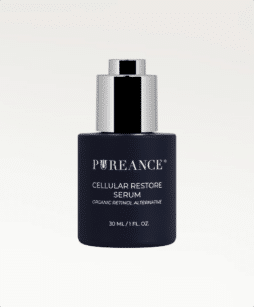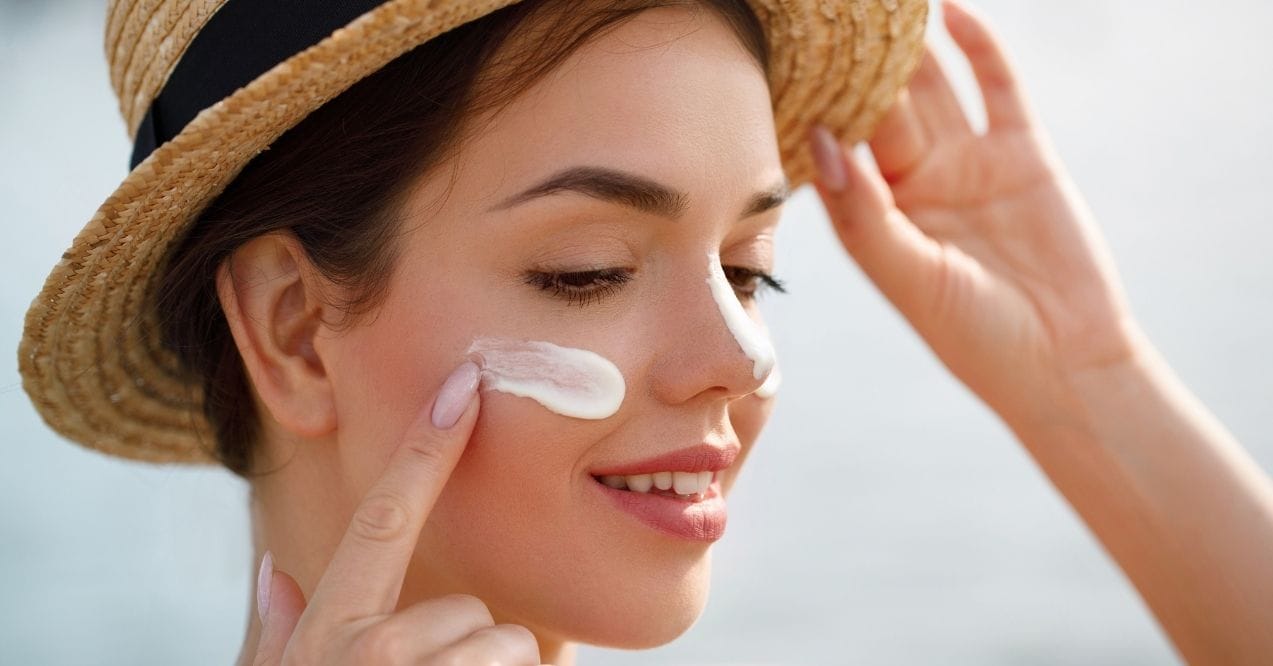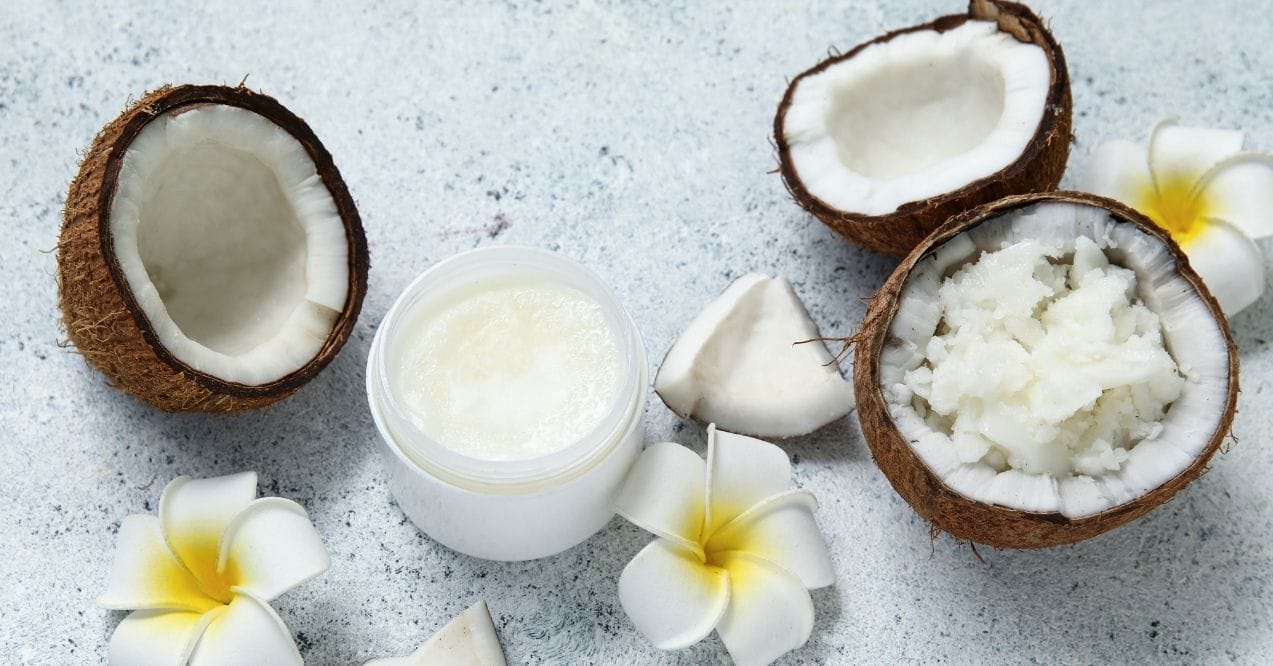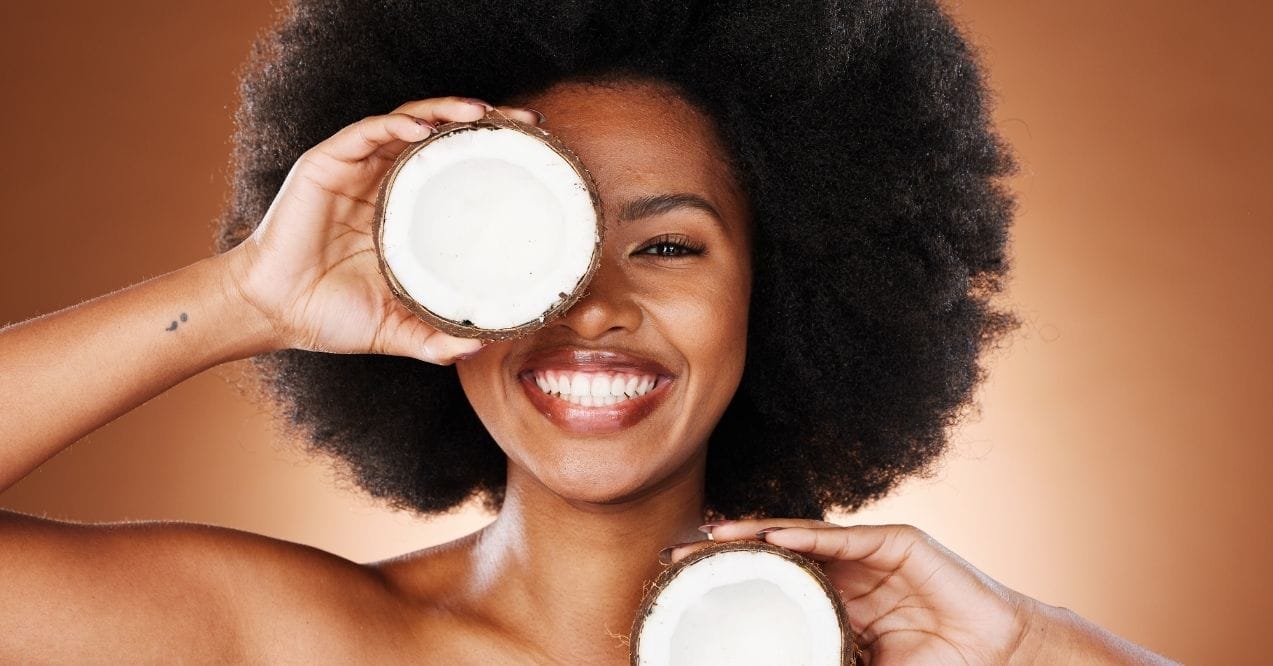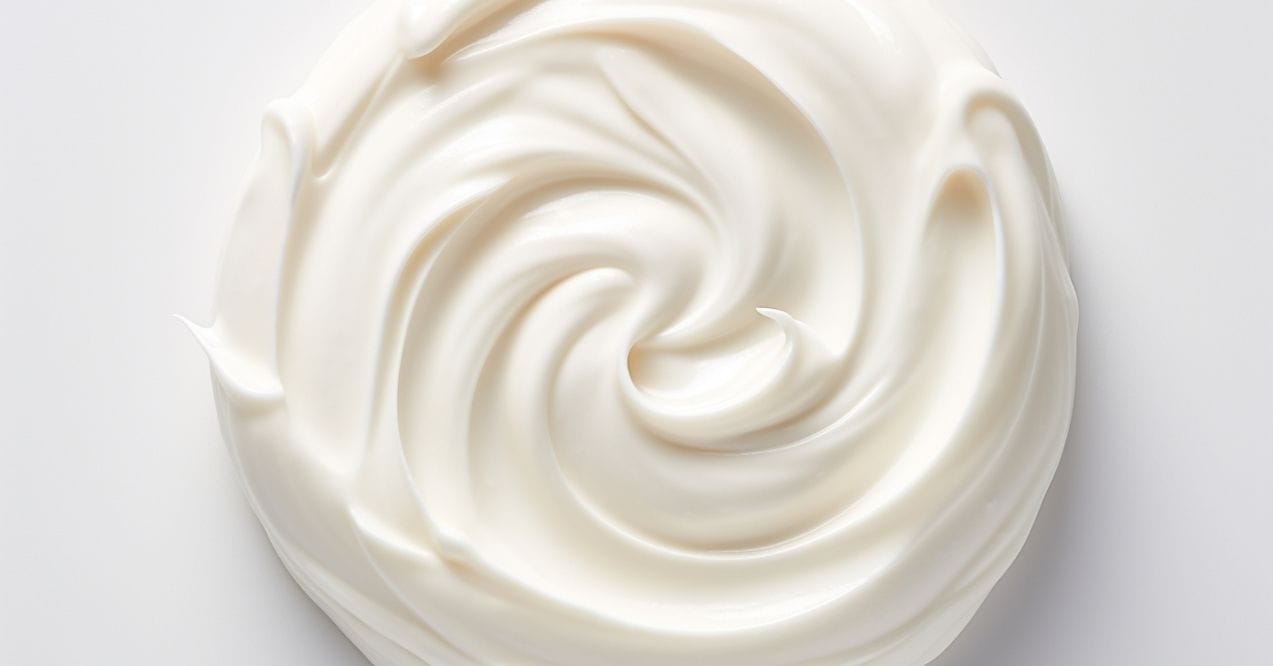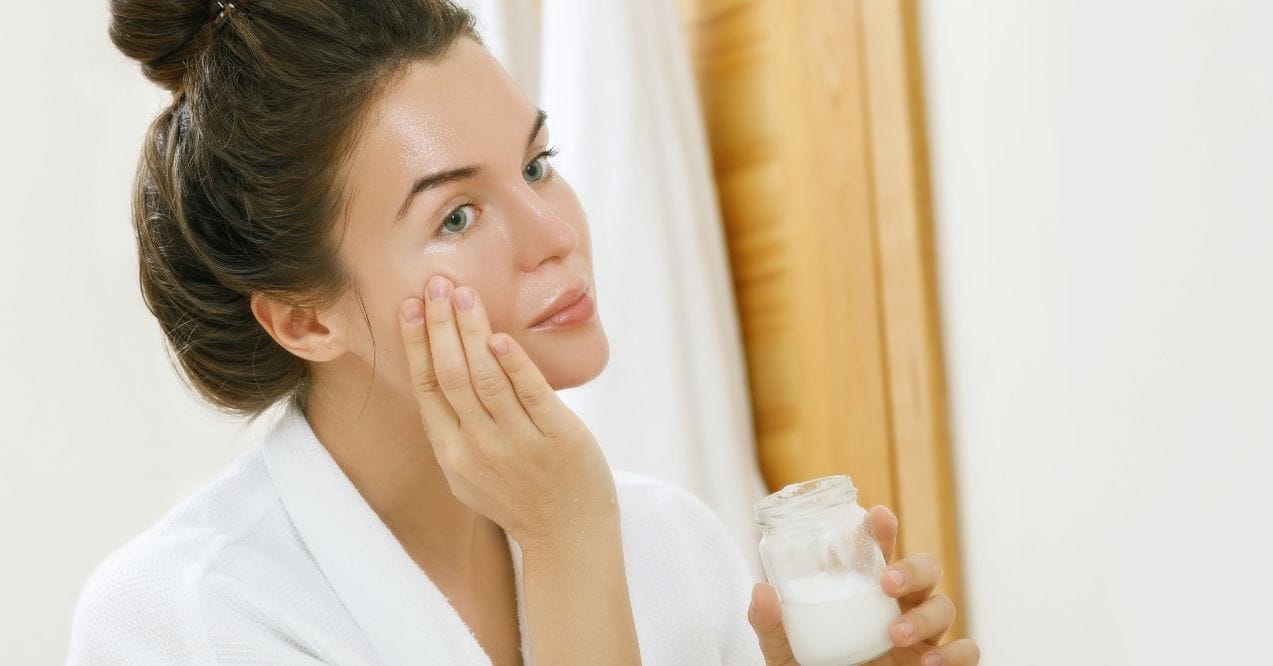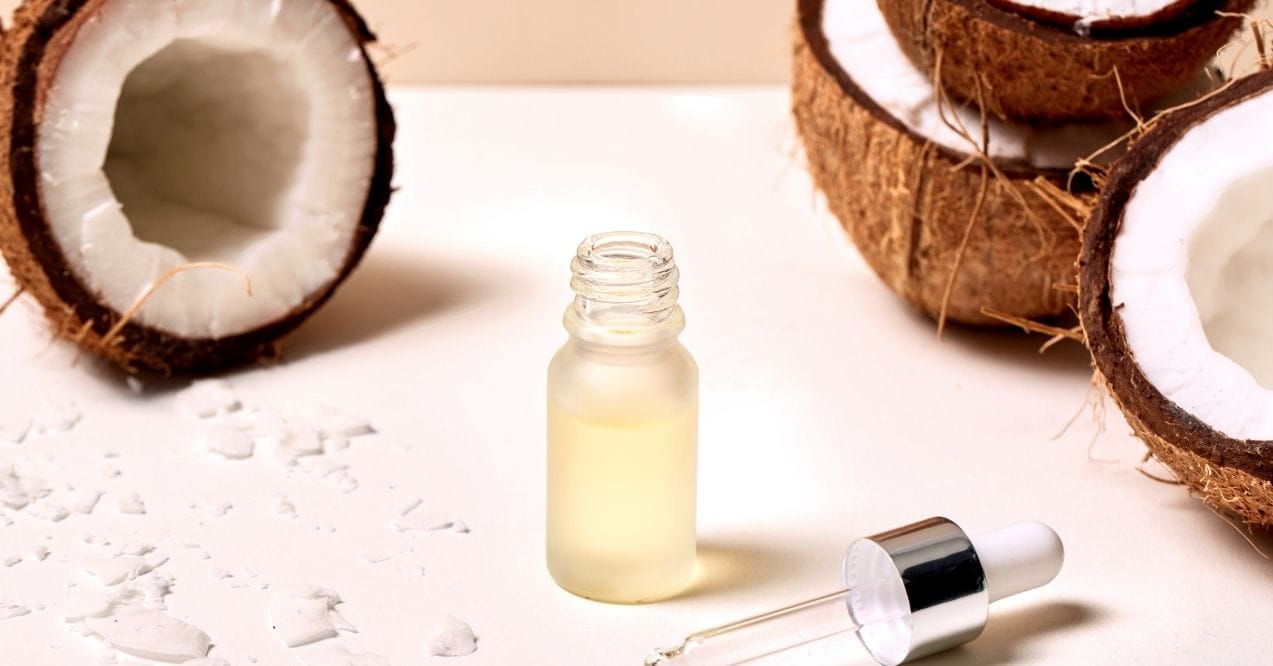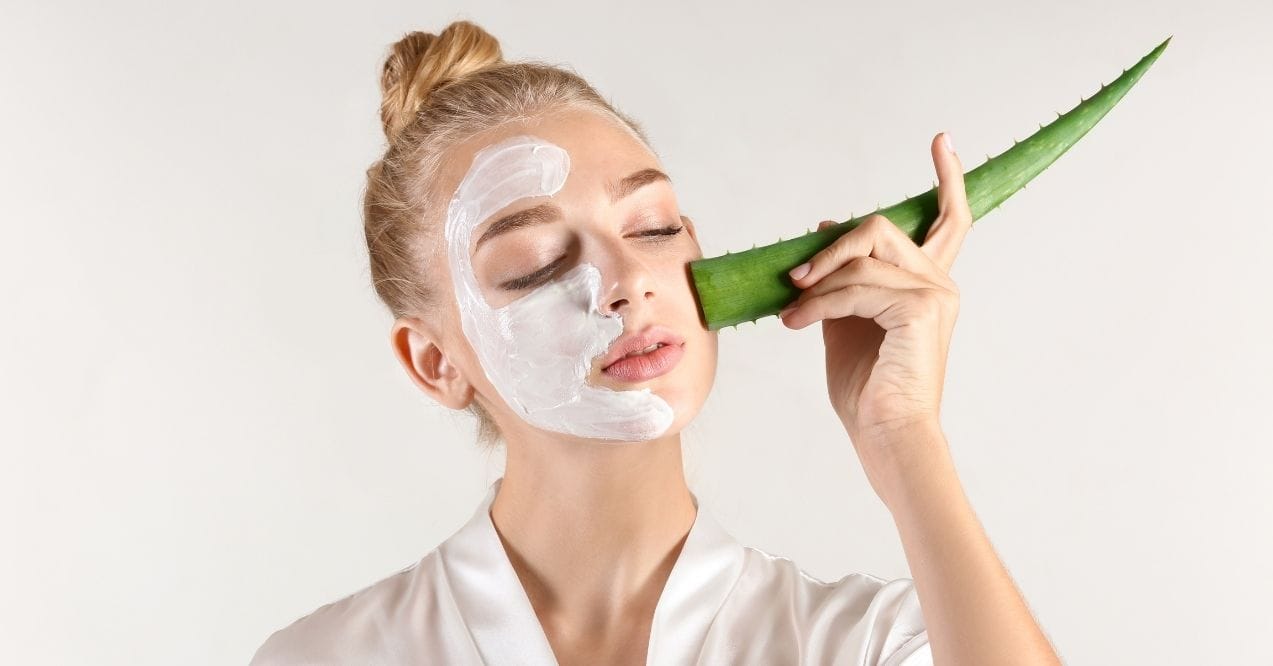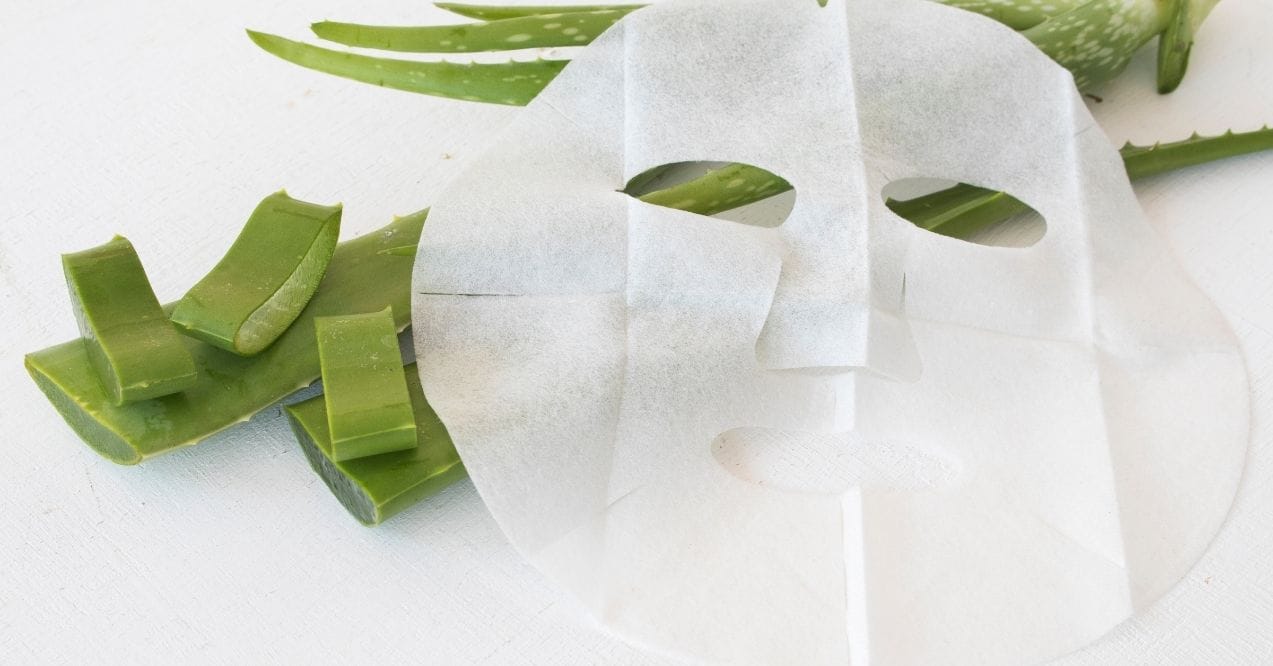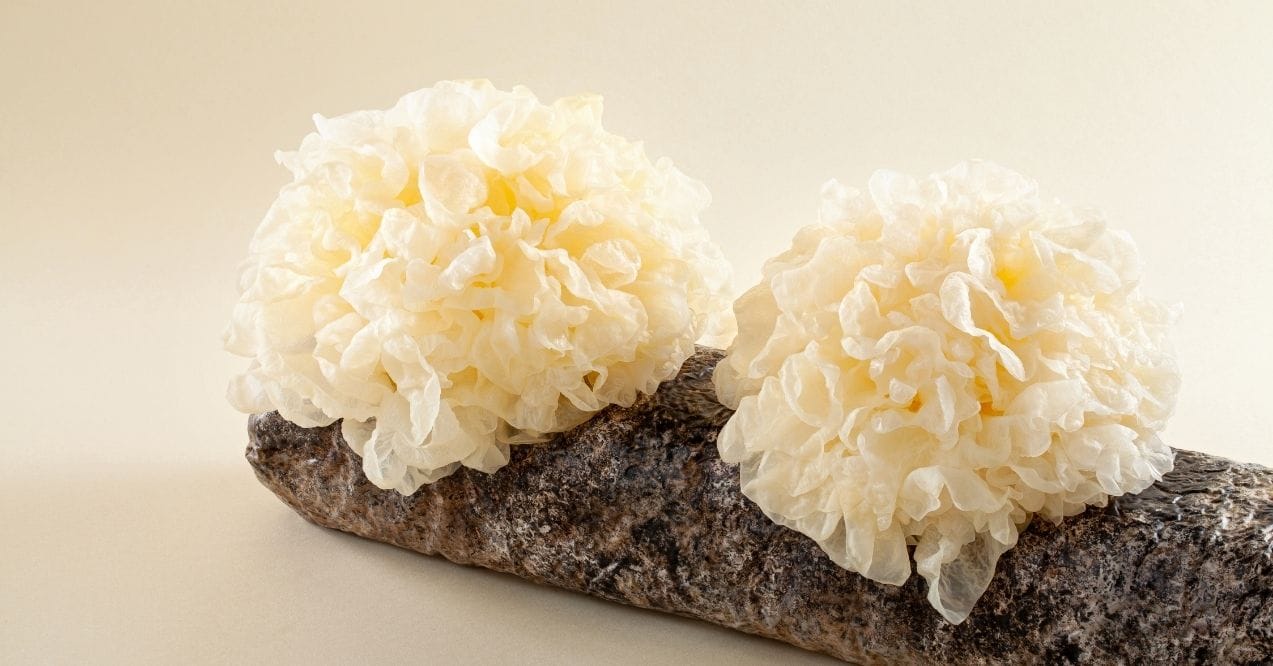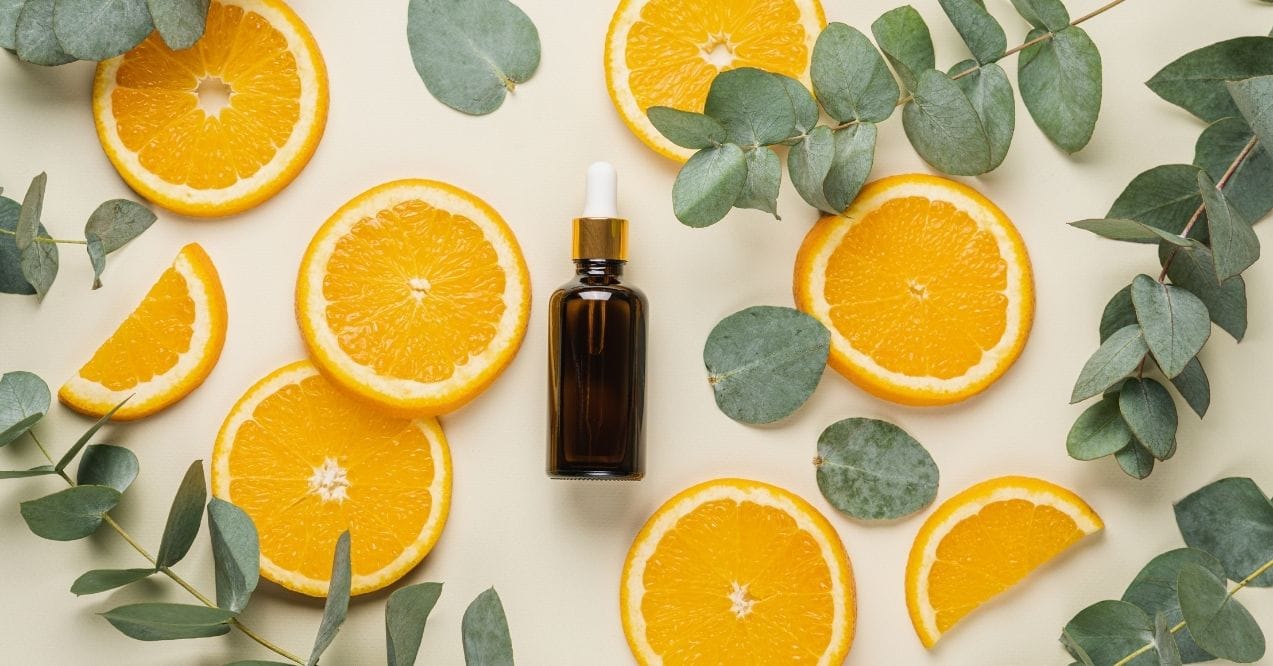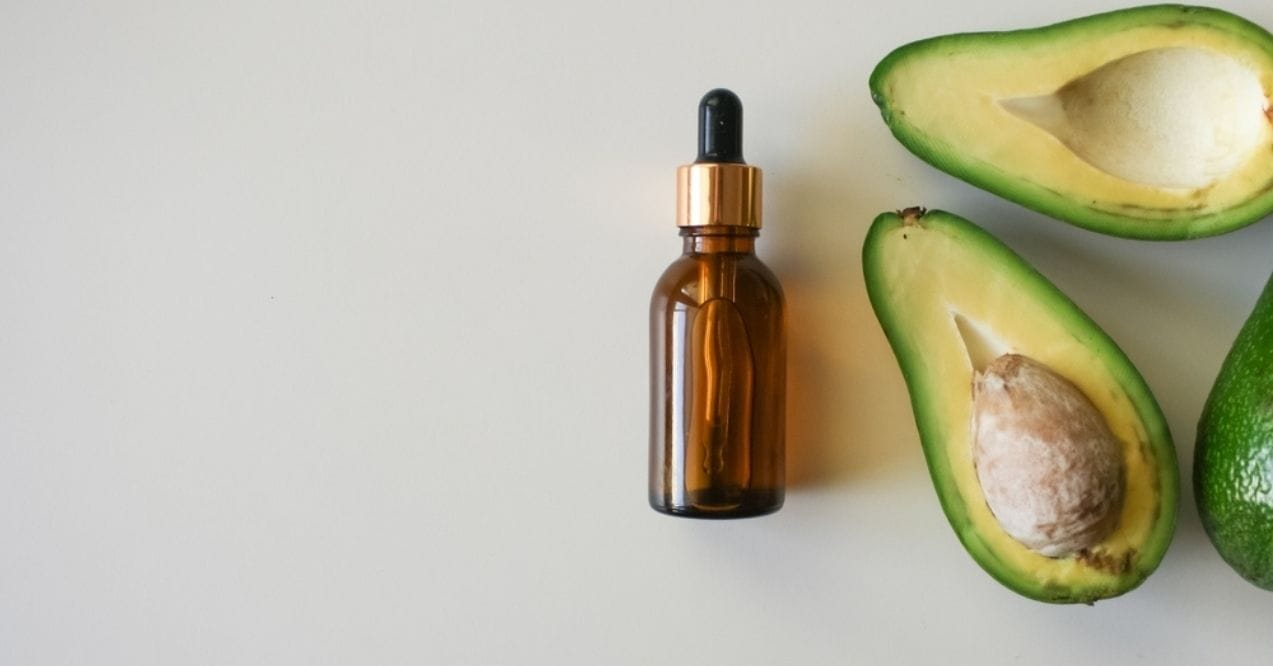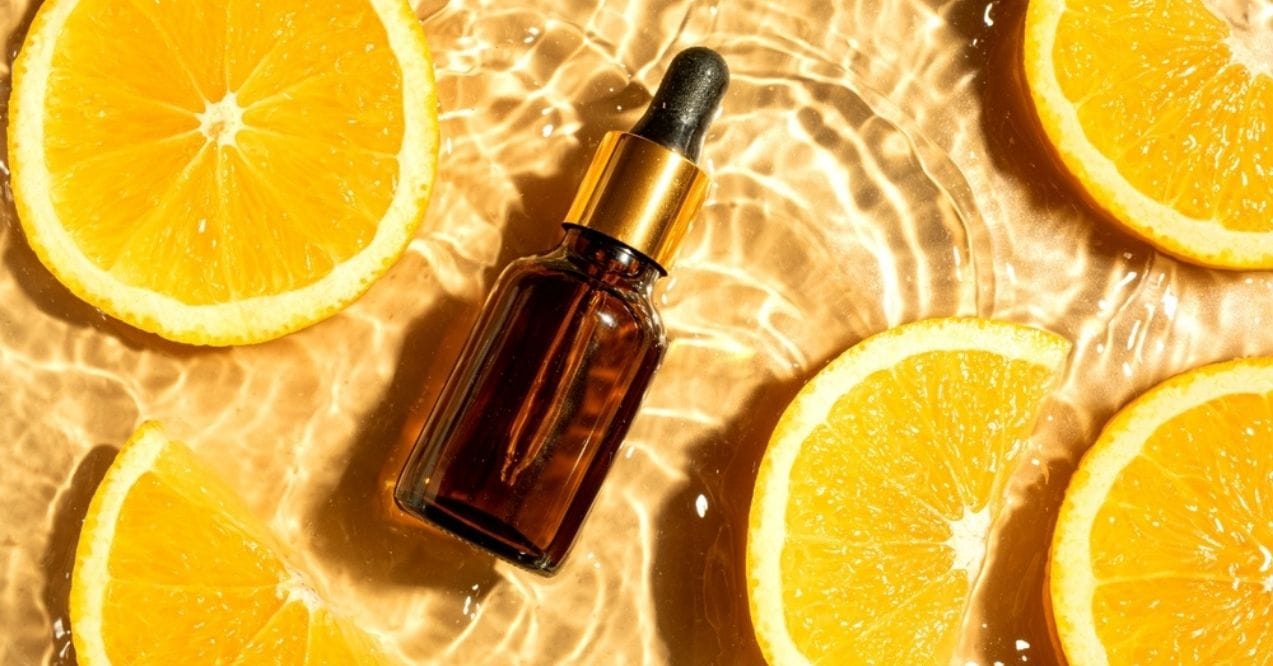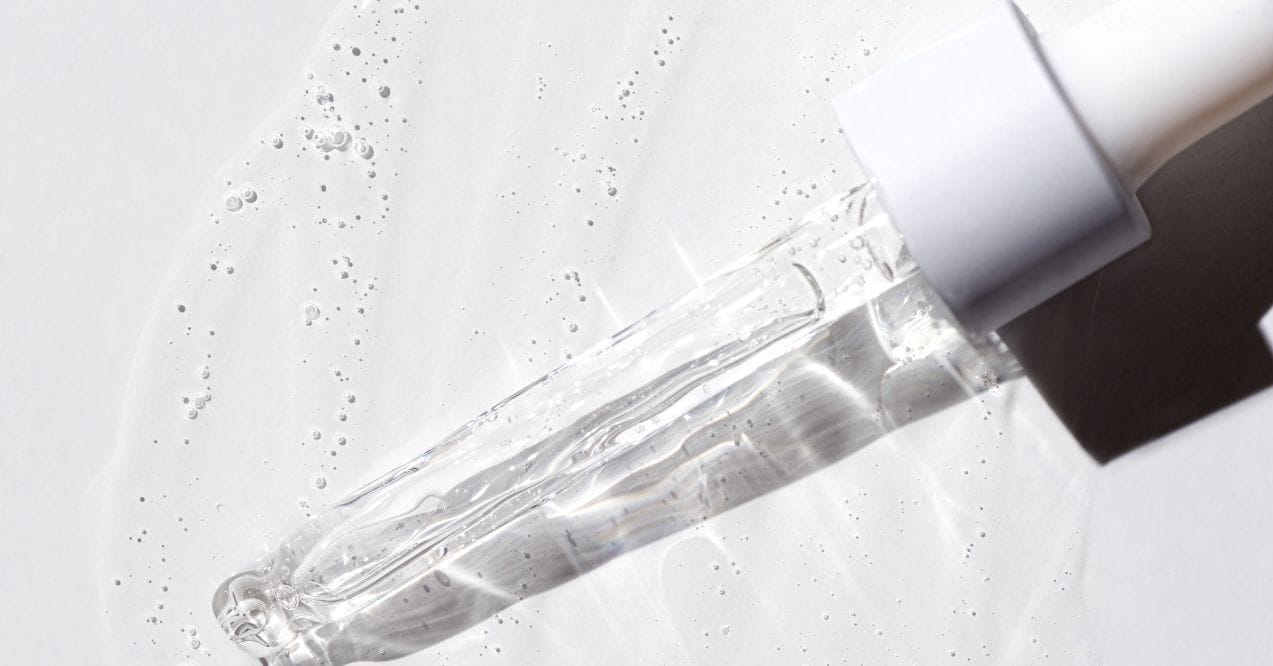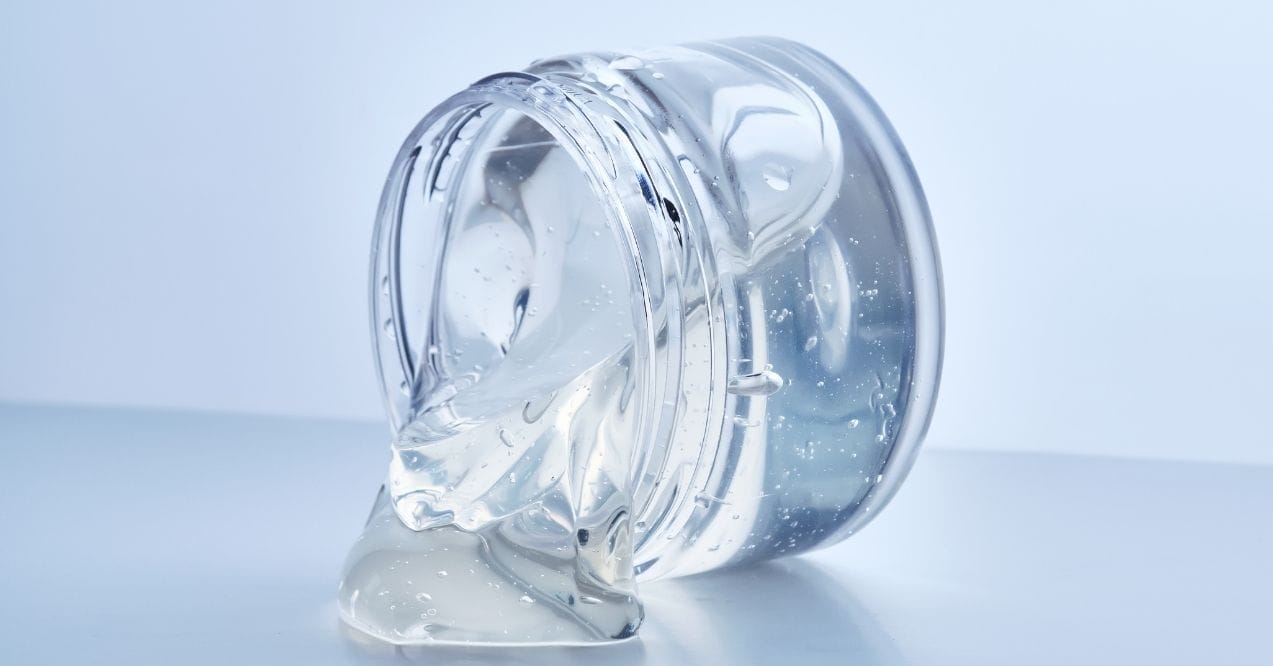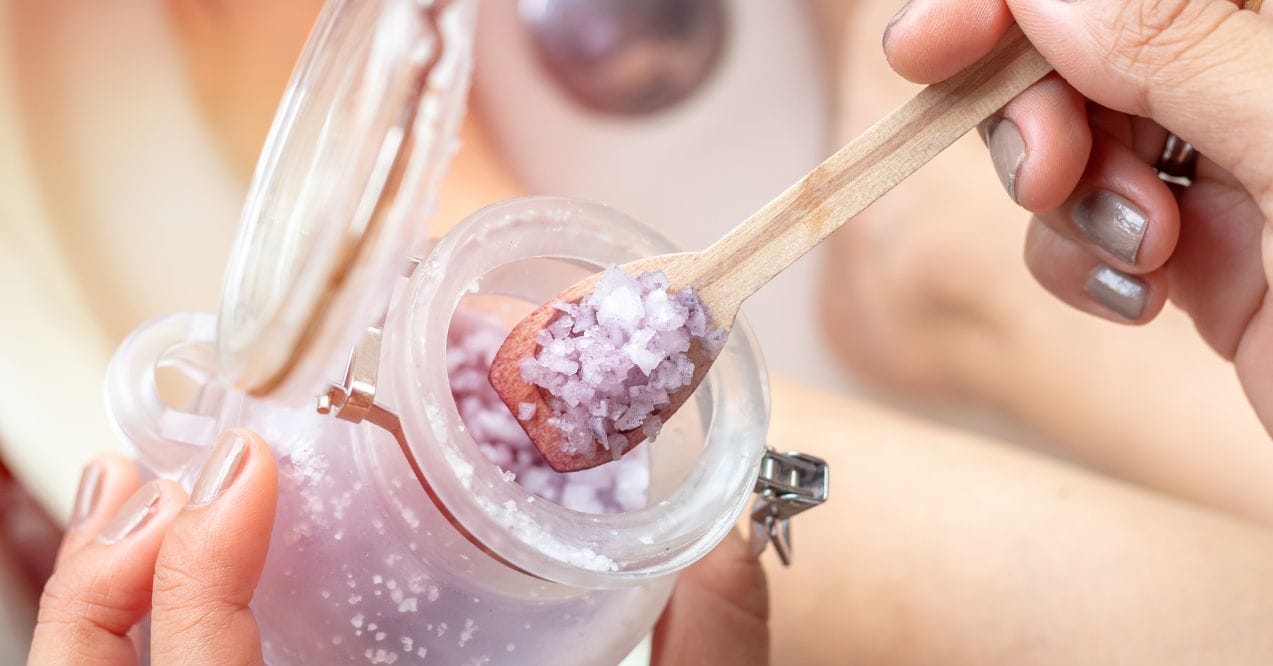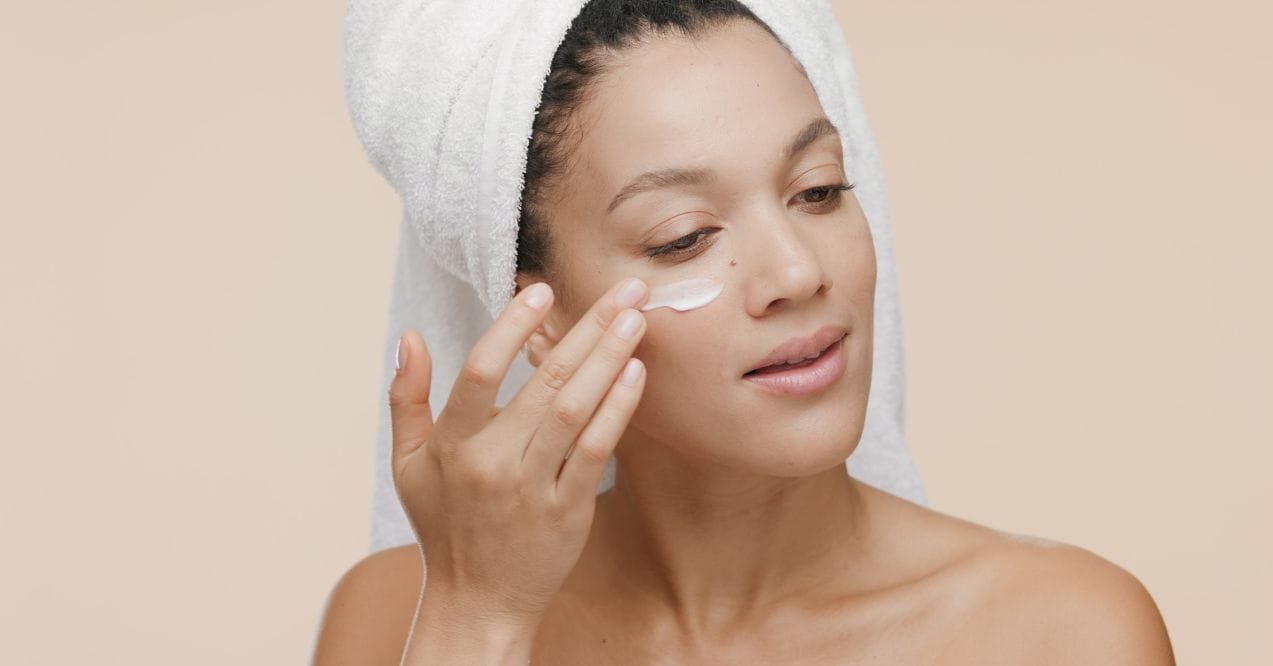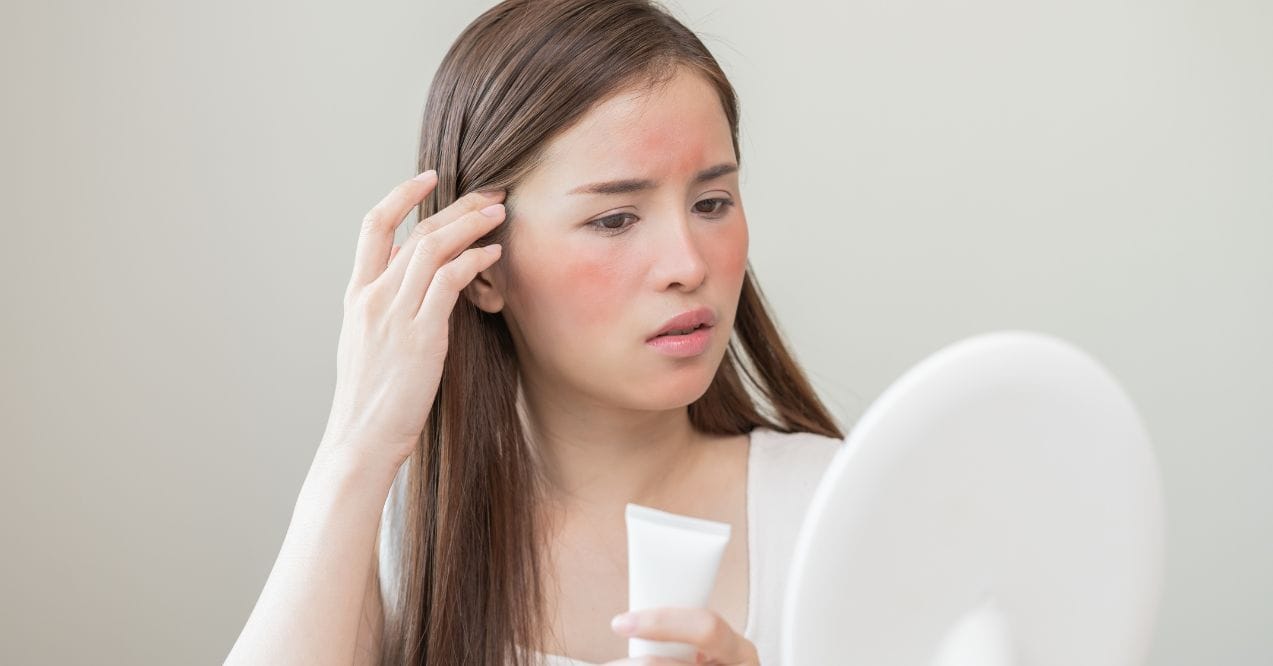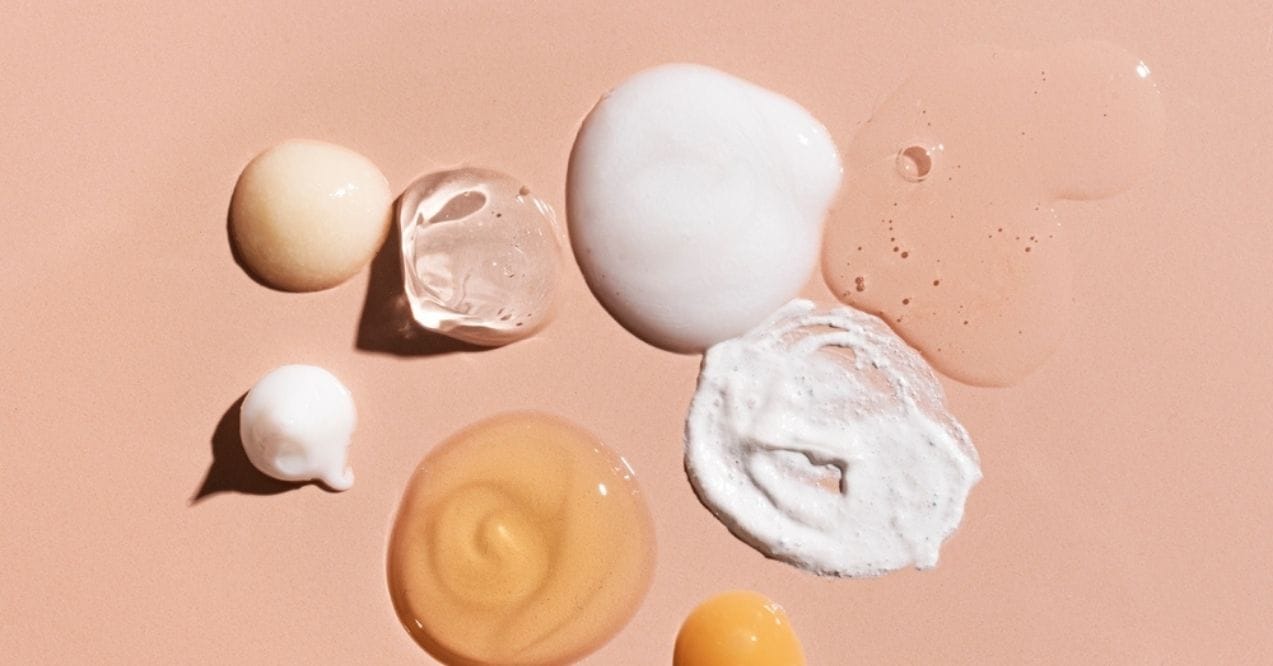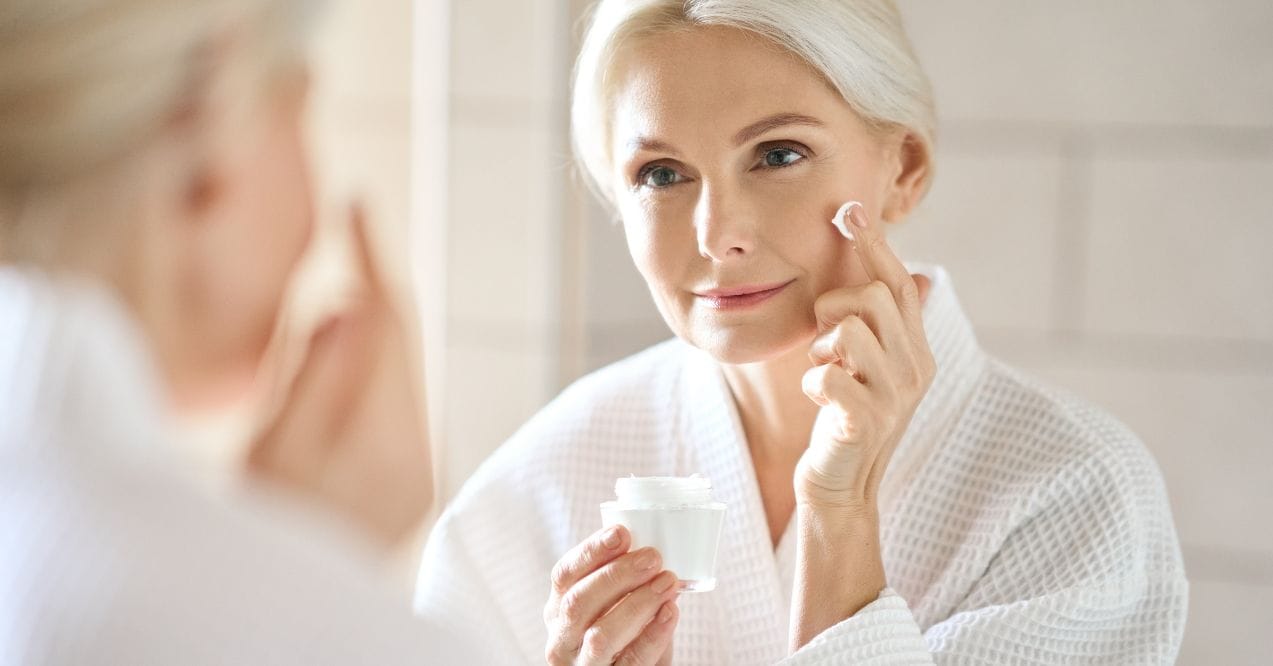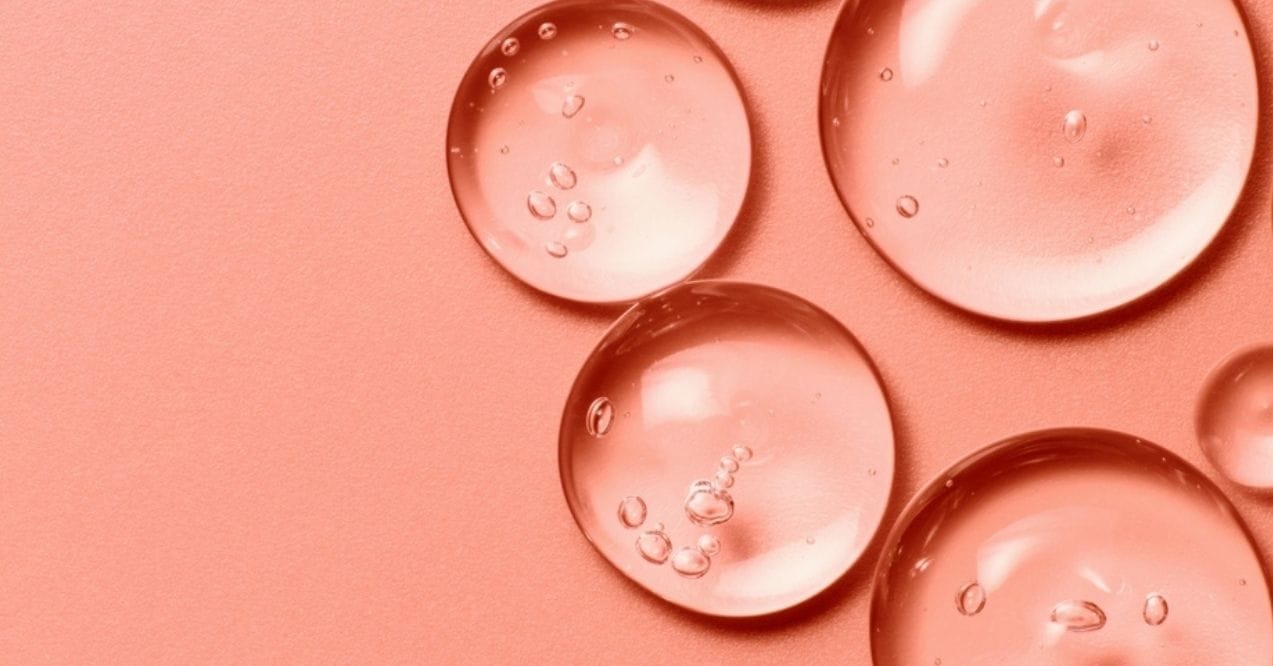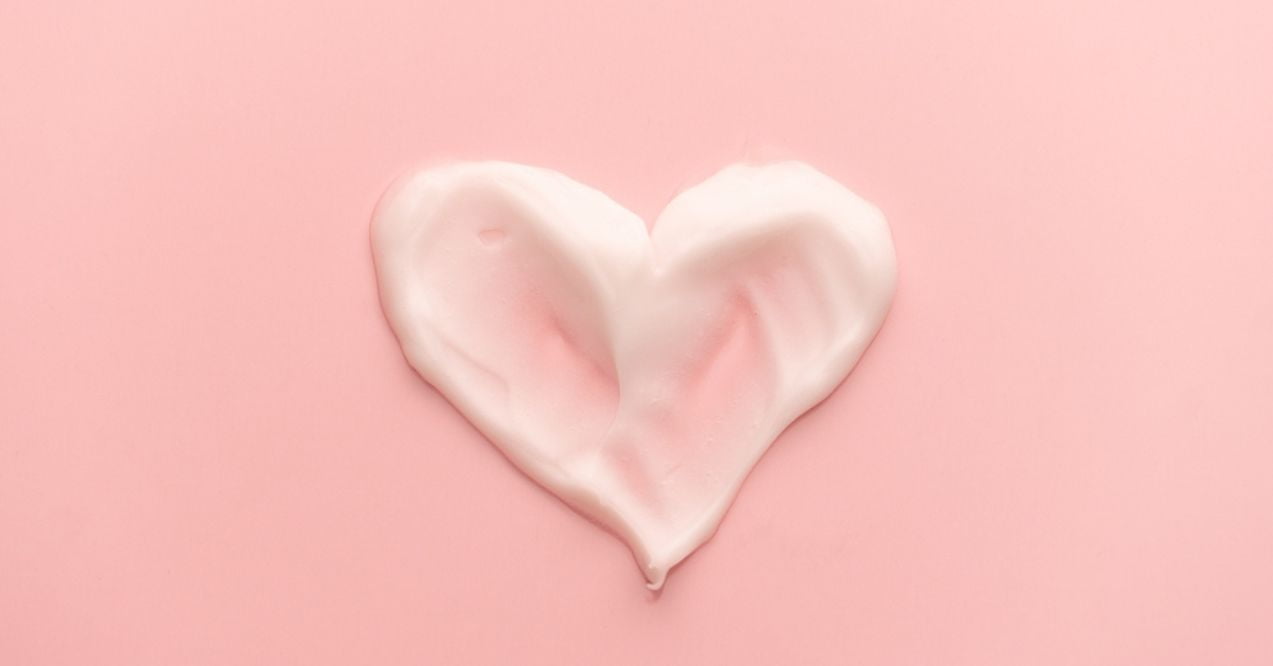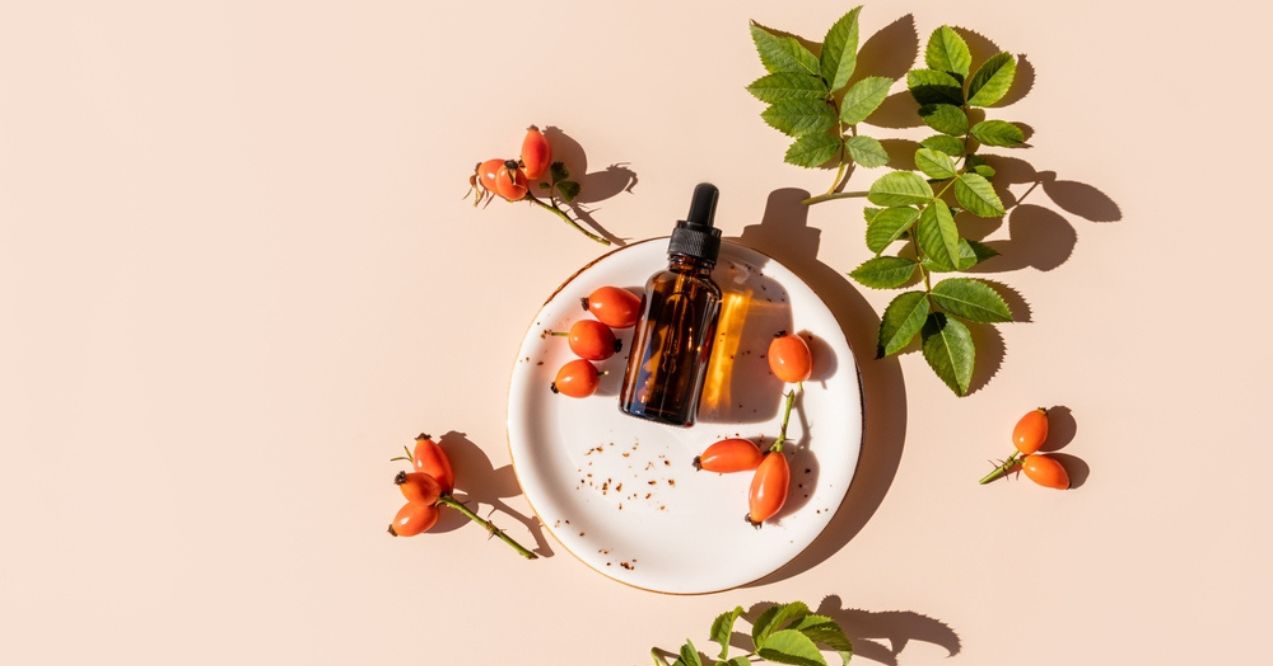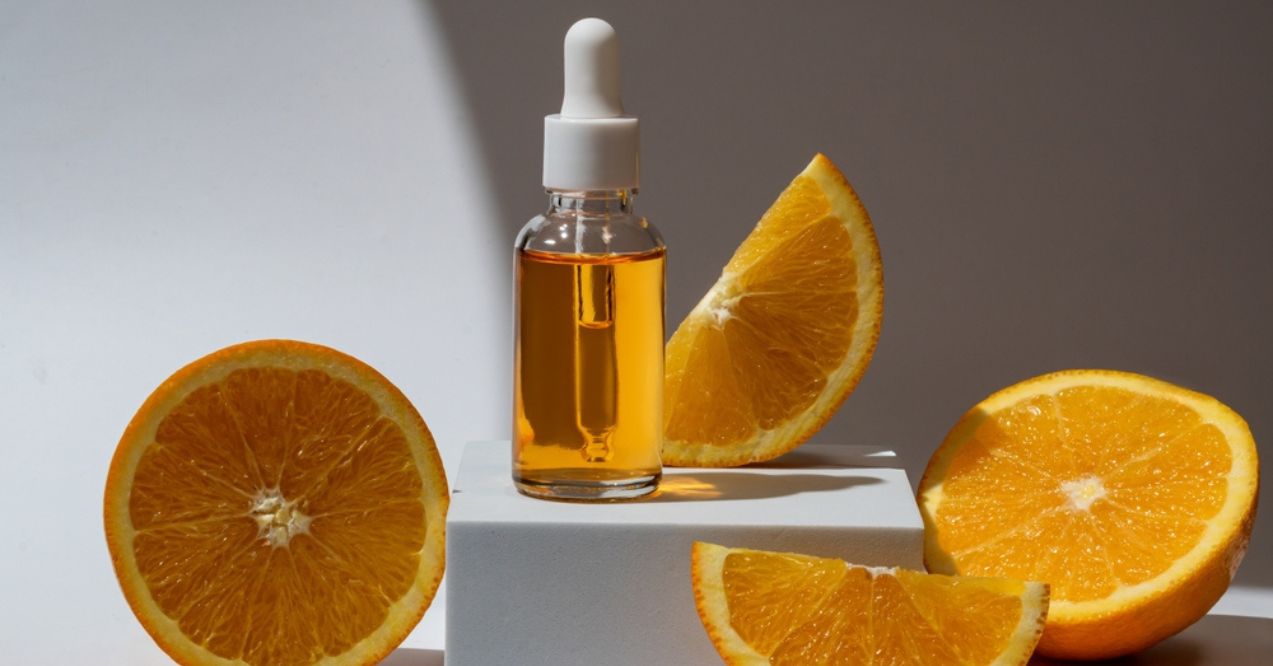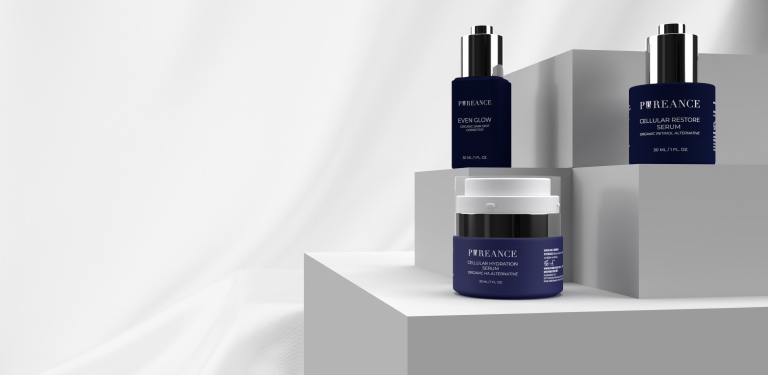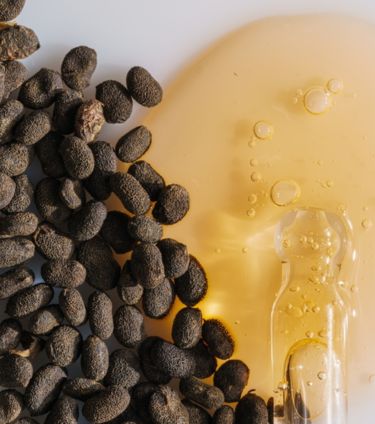
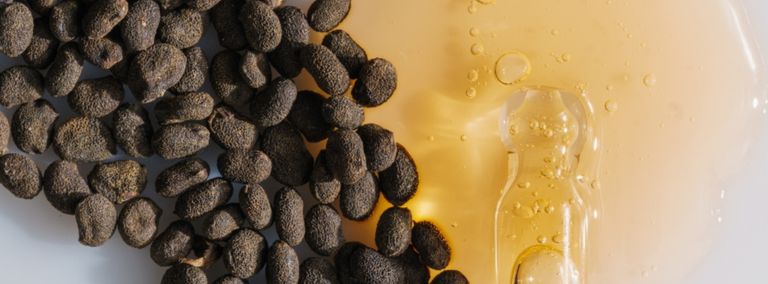

Can You Use Bakuchiol With Retinol?
Can you use bakuchiol with retinol? This question has been on the minds of many skincare enthusiasts as both ingredients have gained immense popularity in recent years. Bakuchiol, a plant-derived compound, has been hailed as a gentle, natural alternative to retinol, the gold standard in age-defying skincare.
Retinol, on the other hand, is renowned for its ability to reduce the appearance of fine lines, wrinkles, and uneven skin tone. Given their proven effectiveness in enhancing skin health and appearance, many individuals are curious whether using them together could amplify their benefits or cause adverse effects.
In this blog post, we’ll dive deeper into the world of bakuchiol and retinol, exploring their individual properties and the potential synergistic effects of combining them in your skincare routine. We will also provide practical tips for incorporating these ingredients into your daily regimen and highlight the latest research findings to ensure you get the best possible results from your skincare efforts.
Key Article Findings
- Combining bakuchiol with retinol can enhance anti-aging benefits, as they work together to improve skin texture and reduce signs of aging.
- Bakuchiol helps stabilize retinol, reducing irritation and making it suitable for sensitive skin.
- For best results, use bakuchiol and retinol at different times of the day or in sequence, starting with lower concentrations to assess skin tolerance.
Can You Use Retinol and Bakuchiol Together?
Can you use bakuchiol with retinol? The short answer is yes, you can. In fact, combining these two ingredients may offer unique benefits for your skin. While retinol is known for its age-defying effects, it can sometimes cause irritation, especially for those with sensitive skin. Bakuchiol, on the other hand, is a gentler alternative that can provide similar benefits without the associated irritation.
When used in tandem, bakuchiol and retinol can create a powerful synergy that amplifies their individual effects on the skin. Let’s explore the specific ways in which these ingredients can work together to improve your complexion.
Synergistic Benefits
When used together, bakuchiol and retinol can complement each other’s effects on the skin. Retinol is known for its ability to accelerate cell turnover and boost collagen production, while bakuchiol can increase skin resilience, reducing the likelihood of irritation commonly associated with retinol. A study by Brown et al. (2023) revealed that combining bakuchiol with retinol significantly improved fine lines, wrinkles, and skin firmness compared to using retinol alone. The synergistic effects of these ingredients may rejuvenate your skin without the undesirable side effects.
A recent study by S.J. Park (2022) published in the Journal of Integrative Dermatology found that a product containing both bakuchiol and retinol significantly improved the appearance of photoaging, including fine lines, wrinkles, and overall skin texture. Participants reported better skin tone and reduced blemishes over a 12-week period. A study published in the British Journal of Dermatology found that a combination of 0.5% bakuchiol used twice daily and 0.5% retinol used once daily led to better tolerance and higher patient satisfaction compared to using retinol alone. These findings suggest that the combined use of bakuchiol and retinol provides superior results while minimizing the risk of adverse reactions.
Stabilization and Tolerance
One of the key benefits of using these products together is bakuchiol’s ability to stabilize retinol and make it more tolerable for sensitive skin. Bakuchiol has anti-inflammatory properties that can help soothe the skin and reduce the redness and peeling often associated with retinol use. Additionally, bakuchiol has been shown to strengthen the skin barrier, which can further minimize the risk of irritation. By combining bakuchiol with retinol, individuals with sensitive skin can potentially enjoy the benefits of retinol without the common side effects.
Clinical insights suggest that bakuchiol’s stabilizing effect can also extend the shelf life of retinol products, ensuring they remain potent and effective for longer periods. This makes it a valuable addition not just for its skin benefits but also for the practical advantages it offers in skincare formulations.
- Photo-oxidative Stability: The results indicated that bakuchiol significantly improved the photo-oxidative stability of retinol, which is crucial for maintaining the potency and effectiveness of retinol products over time.
- Lipid Peroxidation: Bakuchiol was found to be a potent inhibitor of lipid peroxidation, outperforming natural tocopherol by 50- to 60-fold. This suggests that bakuchiol not only stabilizes retinol but also other lipids in skincare formulations, enhancing the overall stability and effectiveness of the product
Therefore, this combination is particularly advantageous for maintaining consistent, long-term skincare results.
When and How to Use Them
To maximize the benefits of using bakuchiol and retinol together, it’s essential to understand when and how to incorporate them into your skincare routine. One approach is to use bakuchiol in the morning and retinol at night, as retinol can increase sun sensitivity. Alternatively, you can apply them in sequence, starting with bakuchiol to help prime the skin and reduce the likelihood of irritation before applying retinol. Introducing these ingredients gradually, starting with lower concentrations, allows for monitoring your skin’s response and minimizes the risk of over-exfoliation or irritation.
It is also advisable to conduct a patch test before fully integrating these products into your routine. Apply a small amount of each product to a discrete area of your skin and wait 24-48 hours to check for any adverse reactions. This precaution can help prevent unexpected irritation and ensure a smooth transition to using both ingredients regularly.
Long-Term Benefits and Precautions
The long-term benefits of using bakuchiol and retinol together are numerous. Regular use may lead to enhanced skin texture, a reduction in the appearance of aging signs, and improved skin tone. However, it’s crucial to keep in mind that while bakuchiol can help mitigate the side effects of retinol, it’s still important to monitor your skin for signs of over-exfoliation and irritation. As with any skincare routine involving retinol, daily sunscreen use is essential to protect the skin from sun damage and premature aging.
Additionally, maintaining a consistent skincare regimen that includes hydrating and moisturizing products can further enhance the benefits of bakuchiol and retinol. Hydration helps maintain the skin barrier, while moisturizers can prevent dryness and flakiness that might occur with active ingredient use. This holistic approach ensures that your skin remains healthy and resilient over time.
Why Should You Consider Using Bakuchiol Only?
While the answer to the question “can you use bakuchiol with retinol” is clear, there are also compelling reasons to consider using bakuchiol on its own, especially for those with sensitive skin or during pregnancy. Bakuchiol has gained popularity as a gentler, natural alternative to retinol, offering similar age defying benefits without the potential irritation and side effects. It can improve the appearance of fine lines, wrinkles, and uneven skin tone, making it an excellent choice for those looking to enhance their skincare routine without the harshness associated with retinol.
Additionally, if you’re wondering what happens when you stop using retinol, you may notice a gradual loss of its benefits. However, bakuchiol can help maintain the results achieved with retinol, making it a suitable alternative for those who want to avoid the potential drawbacks of retinol discontinuation.
Moreover, bakuchiol’s antioxidant properties not only help alleviate the appearance of aging but also contribute to overall skin health. By neutralizing free radicals and protecting the skin from environmental stressors, bakuchiol can promote a more resilient and radiant complexion over time. Unlike retinol, which can degrade when exposed to light and air, bakuchiol is more stable and maintains its efficacy in skincare formulations.
This stability, combined with its gentle nature, makes bakuchiol a compelling choice for those seeking a long-term, sustainable approach to age defying skincare without the potential drawbacks associated with retinol or the concerns about what happens when you stop using retinol.
Conclusion
Using bakuchiol with retinol can be a powerful approach to skincare, offering enhanced anti-aging benefits while minimizing potential irritation. Bakuchiol not only complements retinol’s effects but also stabilizes it, making this combination ideal for those with sensitive skin. To maximize results, use these ingredients at different times or in sequence, gradually introducing them. This approach can improve skin texture, reduce aging signs, and enhance your complexion.
Bakuchiol can be used in the morning and retinol at night. Alternatively, apply bakuchiol first, followed by retinol. Start with lower concentrations and gradually increase to minimize irritation. Always use sunscreen when using retinol.
You can use bakuchiol before retinol to help prime the skin and reduce the likelihood of irritation. Apply bakuchiol, wait a few minutes for it to absorb, and then follow up with retinol. Monitor your skin’s response and adjust accordingly.
Yes, bakuchiol and retinol can be used together to target the appearance of wrinkles. The combination of these ingredients can lead to enhanced age defying benefits, as they work synergistically to improve the appearance of fine lines, wrinkles, and uneven skin tone. Clinical studies support their combined use.
This site offers health, wellness, fitness and nutritional information and is designed for educational purposes only. You should not rely on this information as a substitute for, nor does it replace, professional medical advice, diagnosis, or treatment. If you have any concerns or questions about your health, you should always consult with a physician or other health-care professional. Do not disregard, avoid or delay obtaining medical or health related advice from your health-care professional because of something you may have read on this site. The use of any information provided on this site is solely at your own risk.
Nothing stated or posted on this site or available through any services are intended to be, and must not be taken to be, the practice of medical or counseling care. For purposes of this agreement, the practice of medicine and counseling includes, without limitation, psychiatry, psychology, psychotherapy, or providing health care treatment, instructions, diagnosis, prognosis or advice.
